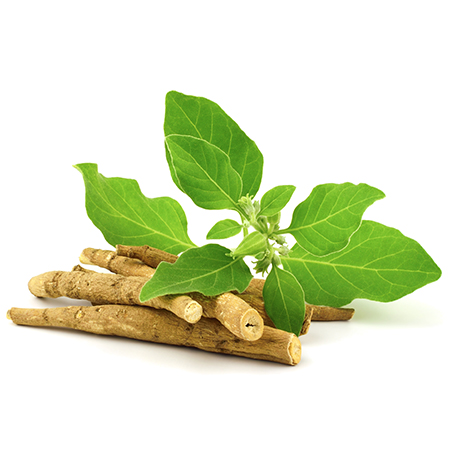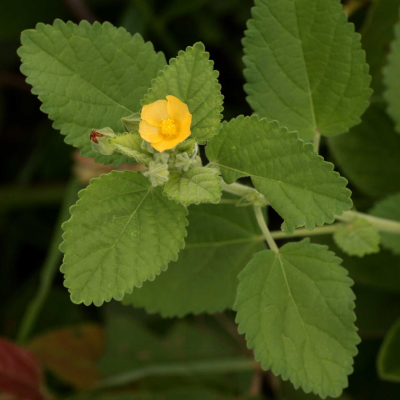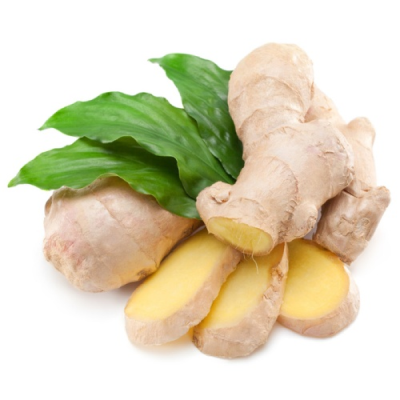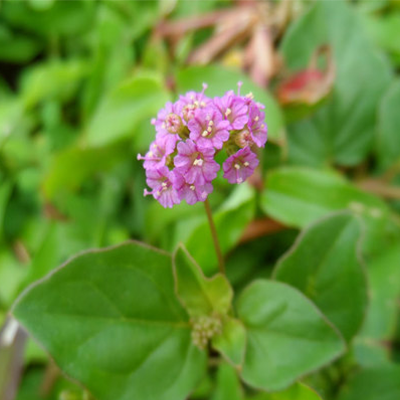- +033 2572 7171
- info@dhanvantary.com

4.5 Rating | 4500 Review

4.5 Rating | 4500 Review
Beri Beri is a disease caused by a deficiency of vitamin B1, also known as thiamine. Thiamine is essential for energy production, nerve function, and muscle health. Beri Beri can lead to severe health issues if not treated, as the body’s cells need thiamine to convert carbohydrates into energy.

Thiamine deficiency in the diet, often due to a diet high in processed carbohydrates and low in whole grains, fruits, and vegetables.
Alcoholism, which interferes with thiamine absorption and storage.
Certain medical conditions, like hyperthyroidism, kidney disease, or malabsorption syndromes.
Prolonged diarrhoea or vomiting, which can lead to a loss of vitamins and nutrients, including thiamine.
Genetic conditions that affect thiamine absorption or metabolism.
There are two main types of Beri Beri, based on the symptoms they produce :
Affects the nervous system.
Common in people with a chronic thiamine deficiency.
Affects the cardiovascular system.
Often seen in cases of rapid thiamine deficiency, particularly when associated with excessive physical activity and fluid overload.
Nerve Damage: Numbness, tingling, or a burning sensation in the hands and feet.
Muscle Weakness: Muscle wasting and paralysis in severe cases.
Reflex Impairment: Reduced or lost reflexes in the knees and ankles.
Coordination Problems: Difficulty walking or maintaining balance (ataxia).
Mental Changes: Confusion, irritability, and memory loss.
Heart Issues: Rapid heart rate, enlarged heart, and difficulty breathing.
Edema: Swelling in the legs and feet due to fluid build-up.
Cardiac Failure: In severe cases, congestive heart failure can occur, leading to life-threatening complications.
Shortness of Breath: Especially noticeable during physical activity or when lying down.
Thiamine deficiency is viewed as a manifestation of Vata dosha imbalance, especially affecting the Rasa (plasma) and Mamsa (muscle) tissues, leading to symptoms like weakness, muscle wasting, nerve issues, and fluid retention. Ayurveda emphasizes restoring balance in the body's tissues, strengthening digestion, and nourishing the body with foods and herbs that improve nutrient absorption, including thiamine.
Basti can be used to remove accumulated toxins (ama) from the body and balance Vata dosha. It also supports the digestive system and helps restore the body's nutrient absorption ability.
Swedana using medicated herbs can help balance Kapha and eliminate excess toxins from the body.
A nutritious, well-balanced diet is crucial in Ayurveda to restore balance and address thiamine deficiency :
Whole Grains : Incorporate whole grains like brown rice, barley, millet, and wheat to provide thiamine and essential nutrients. These are also considered Vata-pacifying.
Legumes : Foods like moong dal (mung beans), toor dal, and chickpeas are rich in thiamine and support digestion.
Nuts and Seeds : Include sunflower seeds, sesame seeds, and almonds as they are good sources of thiamine and help in nourishing the Rasa and Mamsa tissues.
Vegetables and Fruits : Foods like pumpkin, spinach, beetroot, and banana can be added to the diet, as they provide vitamins and minerals to support overall health.
Ghee : Use ghee (clarified butter) to balance Vata and promote nourishment for the muscles and nervous system.
Warm, Cooked Food : Favour warm, easily digestible meals to stimulate digestion and absorption. Avoid raw or cold foods that can weaken the Agni (digestive fire).
Spices : Cumin, coriander, and fennel are excellent for improving digestion and the absorption of nutrients.
Abhyanga (Oil Massage) : Regularly massaging the body with warm sesame oil or Bala oil helps balance Vata, improve circulation, and strengthen tissues.
Exercise : Engage in mild to moderate physical activity such as yoga, walking, or light stretching to promote muscle strength and overall well-being without overstraining the body.
Rest and Sleep : Ensure adequate rest and sleep to support healing and rejuvenation of the tissues.
Stress Management : Practice pranayama (breathing exercises) and meditation to reduce stress, which can further deplete energy and worsen symptoms of thiamine deficiency.

Strengthens muscles and nourishes tissues, countering weakness and fatigue.

Helps with muscle toning and increases vitality.

Boosts digestive fire (Agni) and supports nutrient absorption.

Reduces edema and promotes kidney function for fluid balance.
